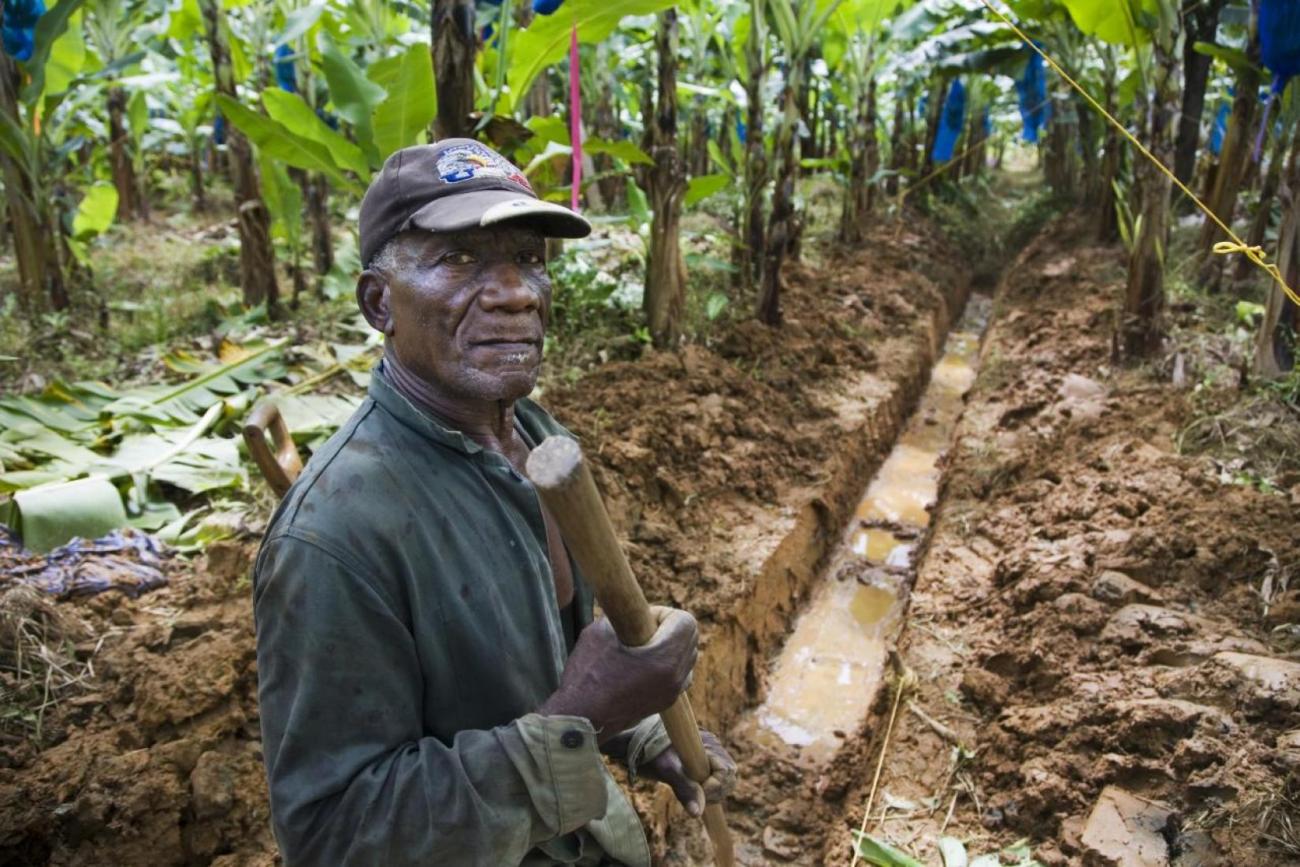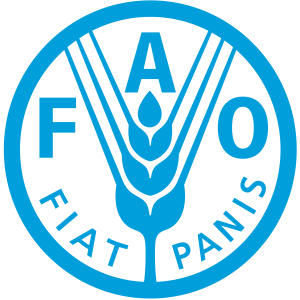Hunger and malnutrition are the main obstacles to achieving the Sustainable Development Goals (SDGs) by 2030. In this regard, trade can play a key role. The expansion of trade has increased food availability and affordability and positively influenced food security and quality. Trade has also contributed to the stability of food supplies and prices by smoothing seasonal fluctuations in availability and the negative effects of domestic supply shocks. In the context of climate change, this is even more important given the significant risks to agricultural production in certain regions.
This is the case for the Caribbean, where FAO and CARICOM are jointly implementing a virtual course entitled "Trade, Food Security and Nutrition" for more than 200 government representatives and professionals directly involved in formulating and implementing agricultural policies and programs in the region.
The four-week training course combines online self-paced modules with two live webinars, and its main goal is to analyze the role of trade policy in promoting food and nutrition security to design evidence-based policies.
"In the three years 2019-2021, 7 million people in the Caribbean (16% of the population) were undernourished, and 14.6 million suffered severe food insecurity (33.6%). On average, one in 4 adults is obese, with rates of obesity among women being much higher than among men, and the related burden of noncommunicable diseases (NCDs) has far reached economic and social implications, particularly given the fact that most households are female-led in the Caribbean", warned Renata Clarke, FAO Sub-regional Coordinator for the Caribbean.
In his opening remarks, Ambassador David Prendergast, CARICOM Secretariat Director of Sectorial Programmes, underlined that it is urgent to understand "the linkages between food systems and healthy diets in the Caribbean and assess the critical role of regional trade for food security and nutrition. Through this training, participants will be equipped with a deeper knowledge of these linkages, specifically in your policy, formulation, policy making, or other practical roles".
Daniela Godoy, FAO Senior Policy Officer for Latin America and the Caribbean, highlighted the contributions of trade to the multiple dimensions of food security and to making healthy diets more accessible.
"Latin America and the Caribbean is the region with the highest average of incoming inequality and the highest cost of a healthy diet. The prevalence of hunger increased. Those are challenges we cannot underestimate", claimed Godoy.
Pablo Rabczuk, Officer responsible for Trade and Agrifood systems from FAO Regional Office, moderated this webinar and included a presentation on "Agrifood trade and food system transformation in the Caribbean" by Dennis Crawford, Agricultural Specialist, CARICOM Single Market and Trade, and Milagro Matus, Deputy Programme Manager for the Agricultural and Agro-Industrial Development at the CARICOM Secretariat, who highlighted that by the end of 2023, several non-tariff barriers in the Caribbean will be eliminated.
The course will be active until July 26th and is part of FAO and CARICOM joint efforts in the region to strengthen capacities in agricultural trade and other related matters. Currently, the FAO Regional Office and its Capacity Development Area have 12 free self-paced English courses tailor-made for the Caribbean. And from headquarters in Rome, the FAO eLearning Academy offers 95 free self-paced courses on 25 topics.
Virtual Course: Trade, Food Security and Nutrition (TFSN) – special edition for CARICOM






